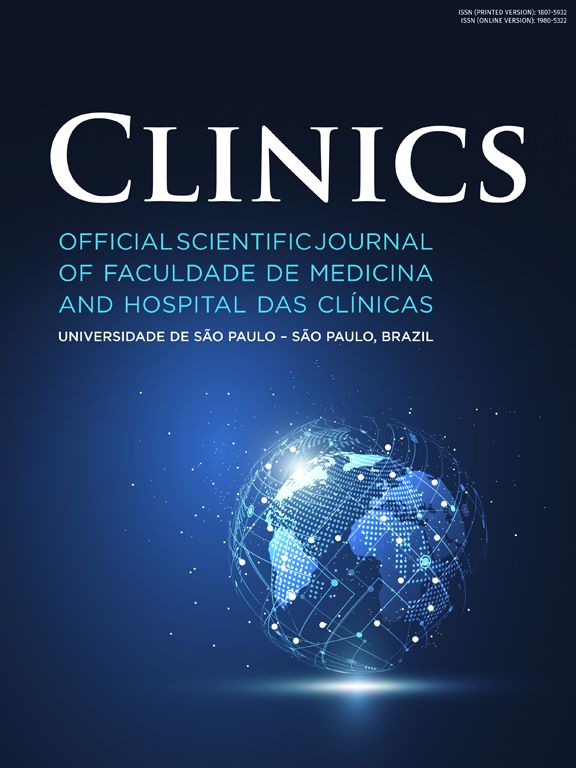Dear Editor,
We read the article ”The effects of exercise modalities on adiposity in obese rats” written by Guilherme Fleury Fina Speretta et al. with great interest (1). The authors concluded that both of the examined exercise modalities improved lipid profile, adiposity and obesity-associated inflammation in rats, suggesting their use as an alternative to control the deleterious effects of a high-fat diet in humans (1). We thank the authors for their contribution of such a well-designed and well-presented study. We believe that these findings will encourage further studies on obesity and the therapeutic role of diet. In the aging and increasingly obese population worldwide, this study deserves to be emphasized in terms of these current needs.
Hyperlipidemia and obesity are strongly associated with the development of atherosclerosis, and coronary artery disease, cerebrovascular accidents and peripheral vascular disease are of particular clinical importance (2,3). Success in decreasing serum lipid levels and obesity has led to successful decreases in patient morbidity and mortality (4). Lifestyle changes and exercise are important and, additionally, antihyperlipidemic drugs can successfully reduce the incidence of atherosclerosis and related diseases. It is well known that nearly one hundred patients must be treated to protect only one from any atherosclerotic event (5). Therefore, investigators should work to identify new drugs, treatment approaches, diet therapies and other modalities to decrease serum lipid levels and obesity and subsequently lower the expected mortality and morbidity of these patients.
The present study was primarily conducted in three exercise groups of mice, which were divided into animals receiving a normal diet or a high-fat diet. It was clear that the high-fat diet led to higher visceral adiposity. A statistically significant decrease occurred after swimming and high-resistance exercise in animals fed a high-fat diet. However, this decrease was not as large as the increase in adiposity caused by the high-fat diet and, after intense exercise, the weight of the animals fed a high-fat diet did not normalize to that of the normal diet control groups. Resistance training led to lower amounts of adipose tissue compared to swimming. Animals with sedentary life conditions fed the low-fat diet clearly had the lowest visceral adiposity. We believe that the relative failure of the success of intense exercise in the swimming and resistance training groups should be discussed in future studies. Additionally, this result suggests that a good diet and lower caloric intake may be more important than an intense exercise program for decreasing morbidity and mortality.
However, the obesity induced in rats fed a high-fat diet and submitted to exercise programs may differ from some acquired and hereditary types of obesity observed in humans. The physiologic effects and pathways involved in acquired and hereditary types of obesity may differ, and these differences may affect the success of treatment. We believe that the study results should be evaluated in these respects.
No potential conflict of interest was reported.




